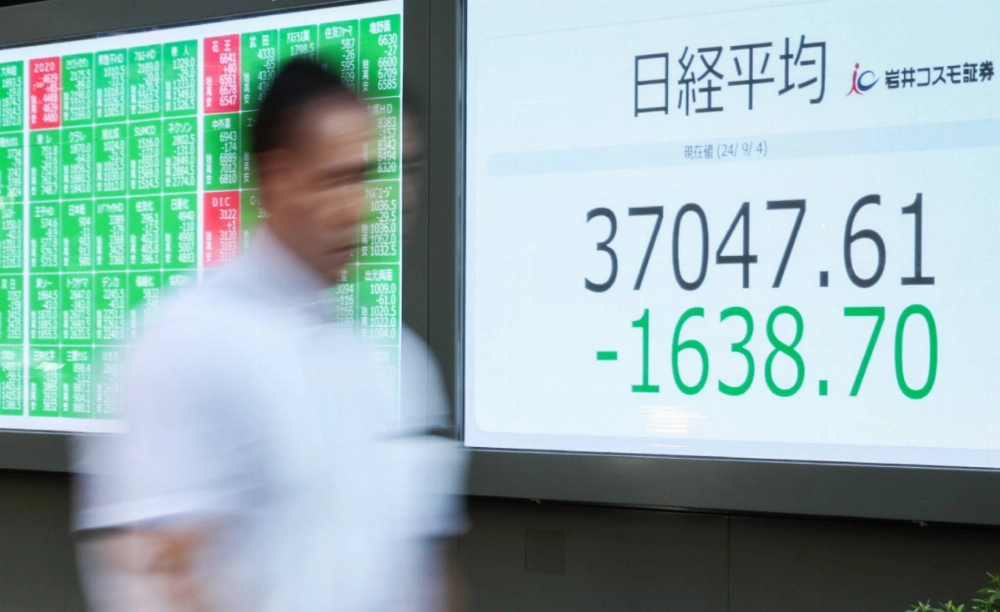Japanese stocks are expected to remain volatile, and the indexes are forecast to stay below their all-time highs, through the end of the year.
“We believe that the macroeconomic environment will remain unsettled. The U.S. economy is still walking a tightrope, as it’s difficult to determine whether it will settle down with a soft landing or a hard landing,” said Nozomi Moriya, an equity strategist for Japan at UBS Securities.
Under these circumstances, stocks will likely be volatile with every piece of major economic data even slightly outside of expectations.


















With your current subscription plan you can comment on stories. However, before writing your first comment, please create a display name in the Profile section of your subscriber account page.